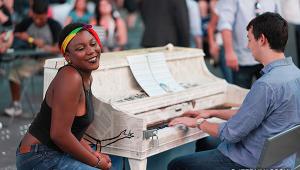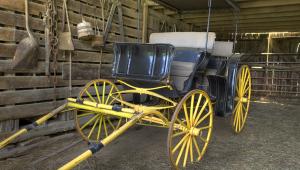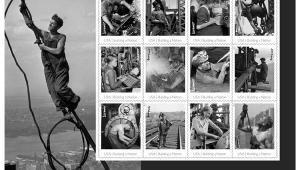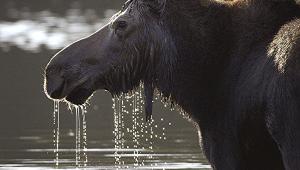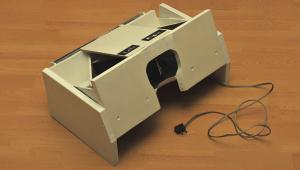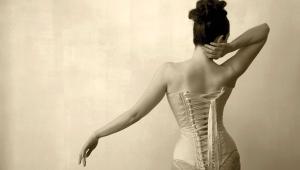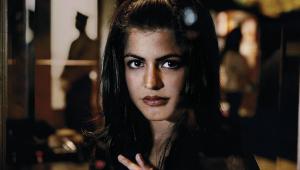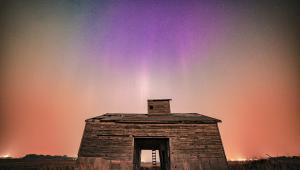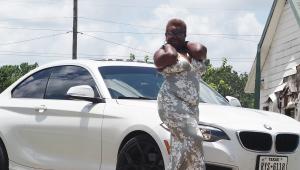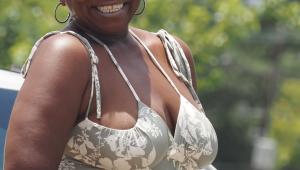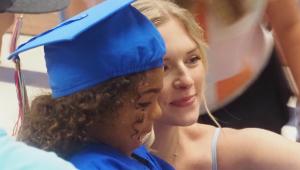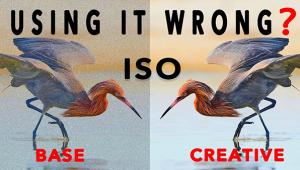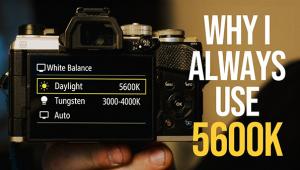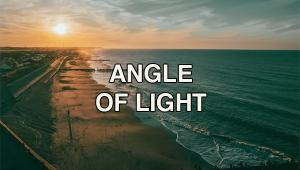Show And Sell; John Conn And The Fine Art Of The Street Sale Page 2
Speeding Dolphins |
 |
"I usually tell tourists, `That's the conductor.'"
What's also important are the right supplies. "One of the most important
things are umbrellas--not for me, but to keep the sunlight off my framed
pieces, because when the sun hits the glass on the digital prints, the photos
will off-gas and form a film inside the glass; then I have to clean them up.
The umbrellas are so important that sometimes it looks like I'm selling
umbrellas."
Do people ask about the longevity of the prints? "Yes, they do, and I
tell them what the manufacturer says: the inks are called archival and they're
supposed to be good under ideal conditions up to 100 years."
Despite knowing what the best-sellers are--the subway shots, the airplane,
the arches (Down to the Sea), the Greek boat, the speeding dolphins--there's
no figuring what's going to sell on any particular day. "The public
is a reflection," John says, "but one you often don't understand.
One day I can't give the stuff away, but only a week ago I couldn't
bag it fast enough."
There are times when he's close to not bagging it at all. "One guy
was holding a photo upside down and telling me how much he liked it. When he
asked me how much it was, I said, `It's $25, but if you're
going to hang it upside down, it's $35.'"
Cop Dog |
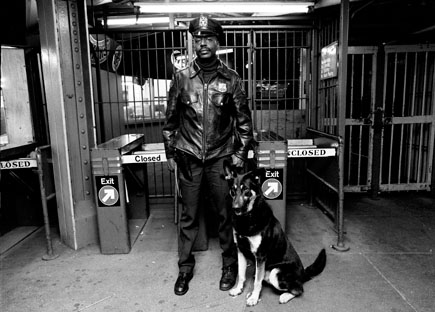 |
John has an answer for everything, and his wit is often as dry as it is quick.
"When they ask, `How long will you be here?' I say, `Until
you come back.' `Will you be here next week?' I say, `I'm
never coming back.' Hey, this is New York, you gotta play with people
a little bit."
And if you're doing a park show in Upper Montclair, New Jersey?
"No difference," John says.
Sometimes the play isn't so playful. "I get people who try to photograph
my photographs. I had a person come by, walk up to a large canvas of the arches
and start focusing her Hasselblad on it. I put my hand in front of the camera.
I said, `Excuse me, what are you doing?' She says, `I'm
taking a photograph.' I say, `But that's my photograph you're
photographing.' She says, `So?' I say, `Okay, let's
figure it out this way: how much was the Hasselblad?' She says, `I
don't know, it was a gift.' So I say, `Well, take that gift
and put it to the use it was intended for--the taking of your own photographs.
That's why my photos are for sale--because they're my work.'
I'm sure she was going to take a picture of my picture, have it scanned
and printed."
And the beat goes on: "One guy was looking at an 11x14 that I'd
priced at $25. He goes, `Do you have copies of this?' I say, `That's
the last one.' He goes, `Well, if I buy it, will you destroy the
negative? I want to have an original.' So I say, `For $25 I'm
supposed to destroy the negative? I don't think you really want this.
I think you want to make copies of it. Save your $25, I'm not going to
sell it to you."'
Hat |
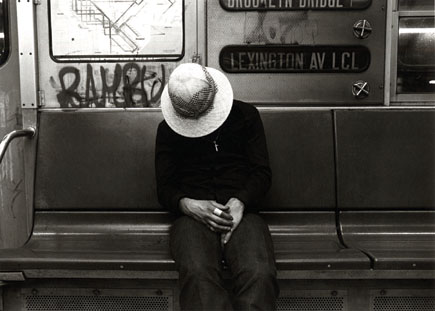 |
Then there was the man who liked John's dolphin photos and wanted to
buy a number of them. The thing was, he didn't want prints. "He
wanted a CD with high-res files on it that he could take back home with him--he
was from overseas. And I said, `What are you going to do with them?'
He said, `Put them in the office. It'll be cheaper for me to do
it that way--make
my own prints from the CD.' No thanks and no sale. I could see in six
months a line of T-shirts with my dolphins on them being sold overseas."
It's not that John is averse to bargaining. "It's better to
have $20 in your hand than $25 walking away," he says. With his prices
ranging from $25 to $400, depending on the size of his framed and unframed prints,
there's a little room for dealing...but not without some deadpan give-and-take.
"I tell someone that a print is $100. She says, `Can you do better?'
I say, `Sure, I can charge $150.' It's all good-natured, but
there's a point beyond which I won't go. One guy offers me $50,
which was half of the asking price. I say no. He says, `It's just
a photograph.' I say, `I think it's a photograph you're
never going to have.' He goes away, but comes back later. `I'll
give you $70,' he says. I tell him the price has gone up--it's
now $125.
"I know it's a business, but it's also more than that. My
photography is my diary. This is my life, this is what I've done. It's
got value."
- Log in or register to post comments




